In the beginning, there was sweet wine. Really, really sweet wine.
But as the kosher market broadened, a trickle of new wines targeted to a more sophisticated audience began to raise expectations among Jewish wine lovers.
Now kosher wines have entered a third era, in which many are not only passable, they’re praiseworthy. Though winemakers in Israel and the United States still grow the largest numbers of these wines, vineyards all over the globe — from Australia to South Africa to Chile — are joining in, giving Jewish consumers an array of choices to accompany their charoset and brisket.
Passover is the kosher industry’s peak season; virtually all kosher wines are kosher for Passover. In North America, perhaps 50 percent of annual kosher wine sales are made during the holiday or in the weeks that precede it. This percentage is falling, though, as kosher wines gain more year-round acceptance.
The kosher food market is growing by perhaps 15 percent a year, said Menachem Lubinsky, the editor of koshertoday.com and president and CEO of Lubicom, a marketing consulting firm that focuses on kosher brands. He estimates that sales of kosher wines in the United States will reach roughly $160 million in 2005, up from $130 million just two years ago.
Lubinsky said that the number of kosher wines on the North American market is in the thousands, so everyone preparing a seder has plenty of strong choices at a variety of prices.
To make sense of this welter of wines, JTA’s editorial team took upon itself the task of taste-testing 20 kosher wines and picking out some winners. The wines we tested were provided by Royal Wines, one of the world’s largest producers, importers and distributors of kosher wines.
Wines we reviewed that are mevushal, an additional koshering step that involves flash-pasteurizing, are indicated with an “M” next to the price. (To make the testing more fair, we did not know how much each wine cost when we tasted it.)
According to Herzog Wine Cellars winemaker Joe Hurliman, the process changes the way fruit in the wine tastes. Indeed, a handful of nonkosher wineries have begun to flash-pasteurize their wines to capture this distinctive taste.
To best simulate the actual seder experience, our testers ate only Tam Tam matzah crackers for palate cleansing.
Our overall favorites were a pair of inexpensive moscatos that would be excellent choices to accompany desserts, or perhaps spicy foods. Italy’s Bartenura Moscato ($11, M) and Moscato di Carmel ($9) received equally high scores from our reviewers for their light, sweet, extremely fruity flavors. Of the Carmel moscato, one taster wrote, “Smells like honeysuckle, tastes like a party.”
Segal’s Unfiltered Cabernet Sauvignon ($60) is from Israel. This deep red wine is vivid, rich and slightly tart, with an alluringly earthy aroma; it had the most uniformly high scores of any wine in our testing.
Spain is a less traditional kosher wine producer — Spain has less than 40,000 Jews — but the Ramon Cardova Rioja, a Spanish tempranillo ($13), is a terrific dry red, offering a sharp berry taste with hints of vanilla and a potent fruity aroma. It ranks high on our list of best buys.
According to JTA’s testers, several other red wines also deserve a look: The Carmel Appellation Bordeaux Blend Limited Edition ($40) is an Israeli blend of cabernet sauvignon and merlot, dark and thick with a spicy aroma and a smooth taste that has notes of both sweetness and tartness. Another nice blend is the Herzog Special Reserve Cabernet/Zinfandel/Syrah ($35), a brand-new California wine from Herzog. It was a bit thinner than many of the reds we tasted, but we appreciated its smoothness, layers of fruit and less acidic finish.
A few of the white wines we tasted stood out. Aside from the dessert wines, the tasters were most impressed by the Francois Labet Puligny Montrachet, a French chardonnay ($55) that is vivid and a bit acidic, with a pleasant lingering finish. Also from France, which is the third largest producer of kosher wine in the world, is the Verbau Gewurztraminer ($15, M), a sweet, fruity wine with a mildness that makes it more versatile than the moscatos.
Of the kosher champagnes we tested, the Nicolas Feuillatte Brut from France ($47) drew the most praise. It has a tempting aroma, earthy taste and crisp aftertaste, though some testers felt it was too heavy.
Our testers intended to include a traditional sweet concord wine in our sampling, but we couldn’t bring ourselves to open it after tasting all these elegant wines. However, concords continue to be strong sellers year after year and cost $5 or less, so perhaps there is a place for one at your table.
Listed prices are approximate retail prices. The less expensive wines — $15 and under — often can be found at retailers for a dollar or two less during the days before Passover.
The Best of the Bottles
Though it would be impossible to sample even 10 percent of the thousands of kosher-for-Passover wines on the market there are a number of solid choices we can recommend from the group of wines we sampled with Jay Buchsbaum of Royal Wine, who holds free tastings with many Jewish groups throughout the year.
Mevushal wines are indicated with an ‘M’ next to the approximate retail prices.
Best Values
Bartenura Moscato (Italy, $11, M)
Moscato di Carmel (Israel, $9)
Ramon Cardova Rioja (Spain, $13)
Verbau Gewurztraminer (France, $15, M)
Baron Herzog Zinfandel (U.S., $13, M)
Best reds
Segal’s Unfiltered Cabernet Sauvignon (Israel, $60)
Ramon Cardova Rioja (Spain, $13)
Carmel Appellation Bordeaux Blend Limited Edition (Israel, $40)
Herzog Special Reserve Cabernet/Zinfandel/Syrah (U.S., $35)
Chateau Leoville Poyferre (France, $85)
Best whites (nondessert)
Francois Labet Puligny Montrachet (France, $55)
Verbau Gewurztraminer (France, $15, M)
Binyamina Special Reserve Chardonnay (Israel, $15)
Best for dessert
Bartenura Moscato (Italy, $11, M)
Moscato di Carmel (Israel, $9)
Best champagne
Nicolas Feuillatte Brut (France, $47)







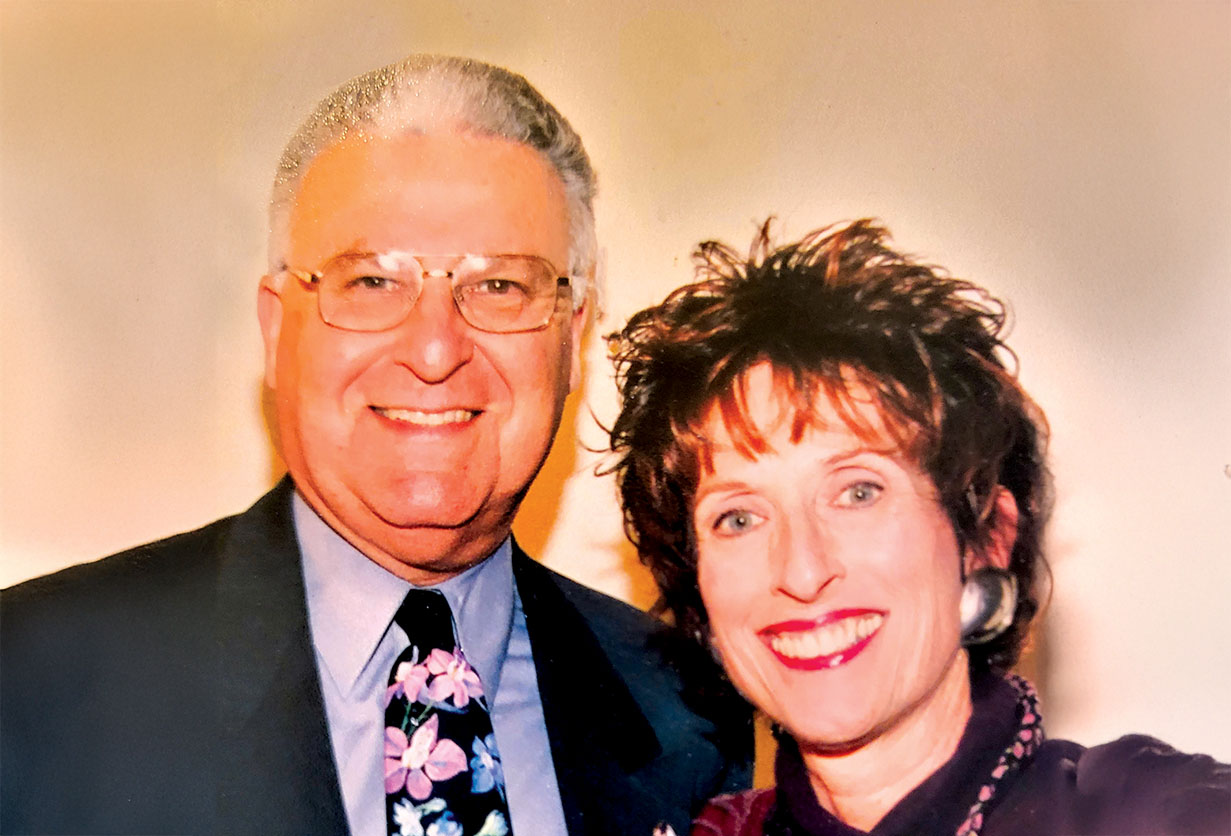
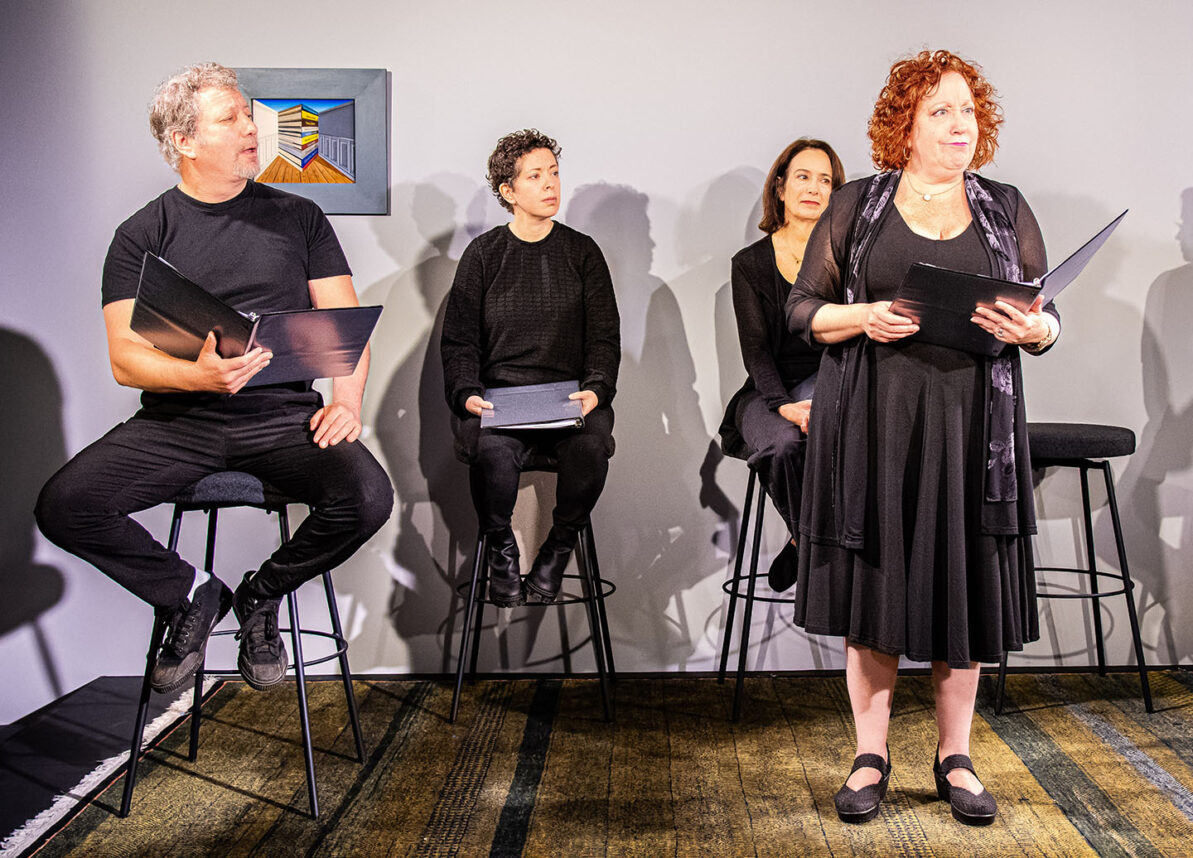
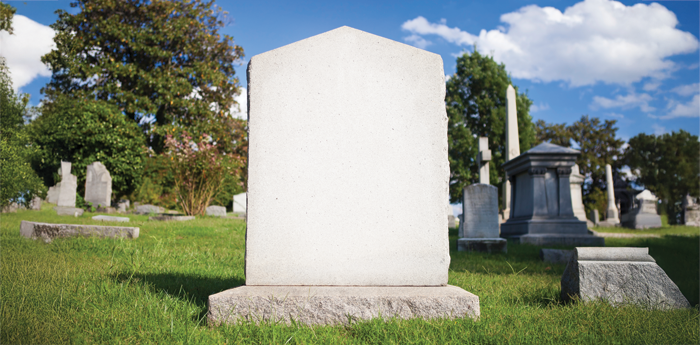
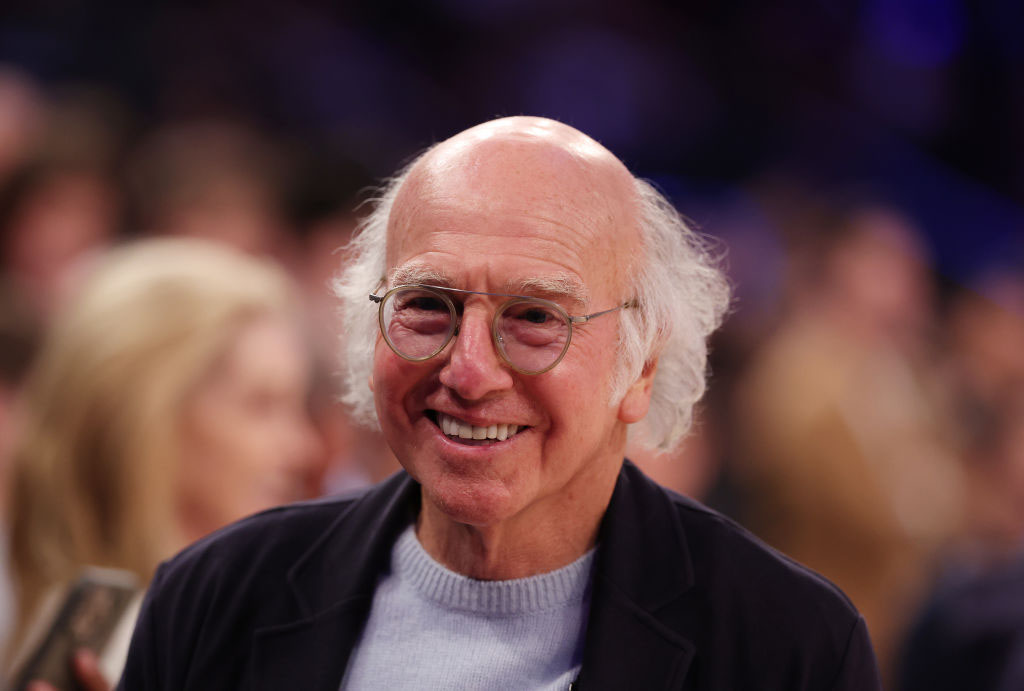
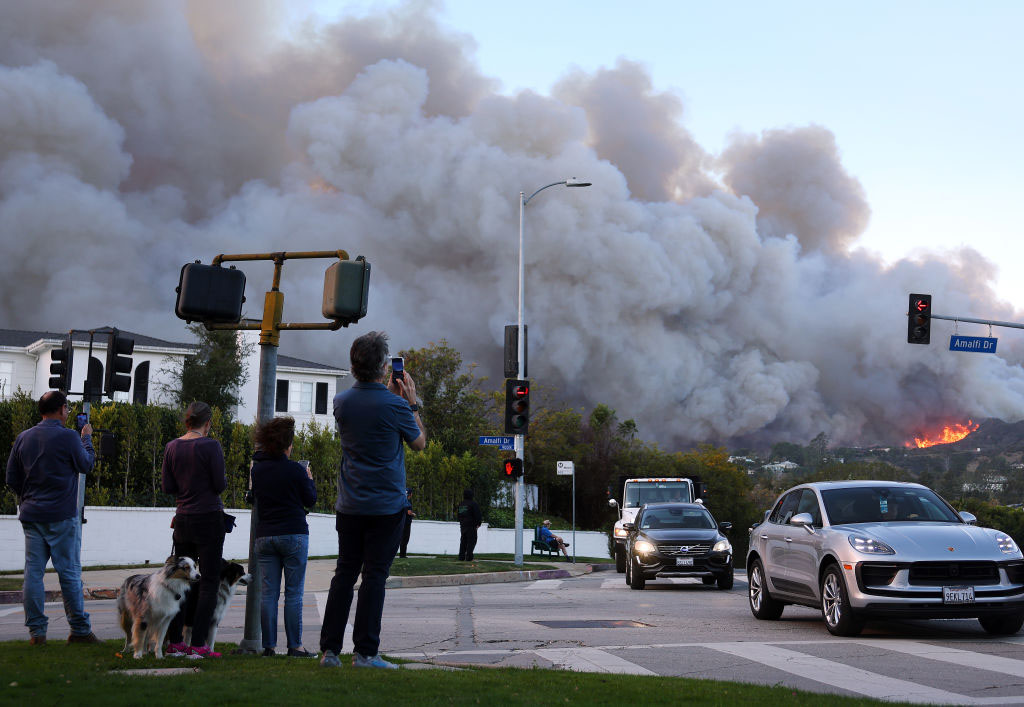



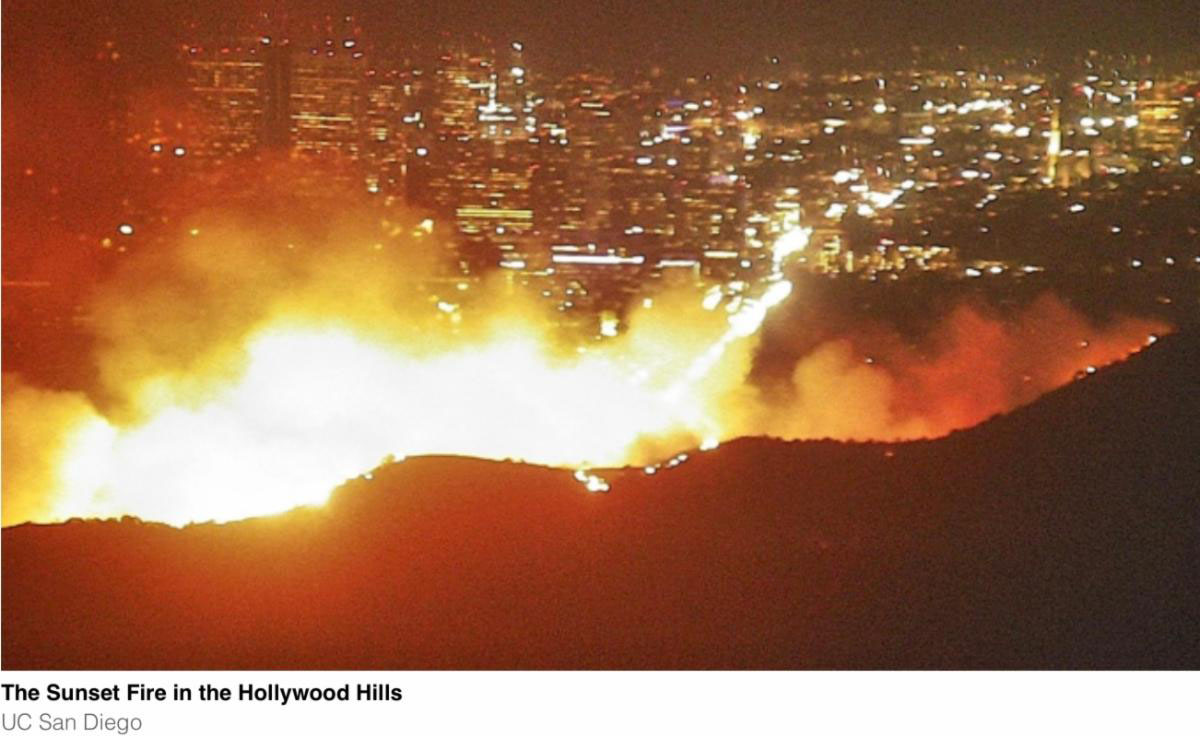
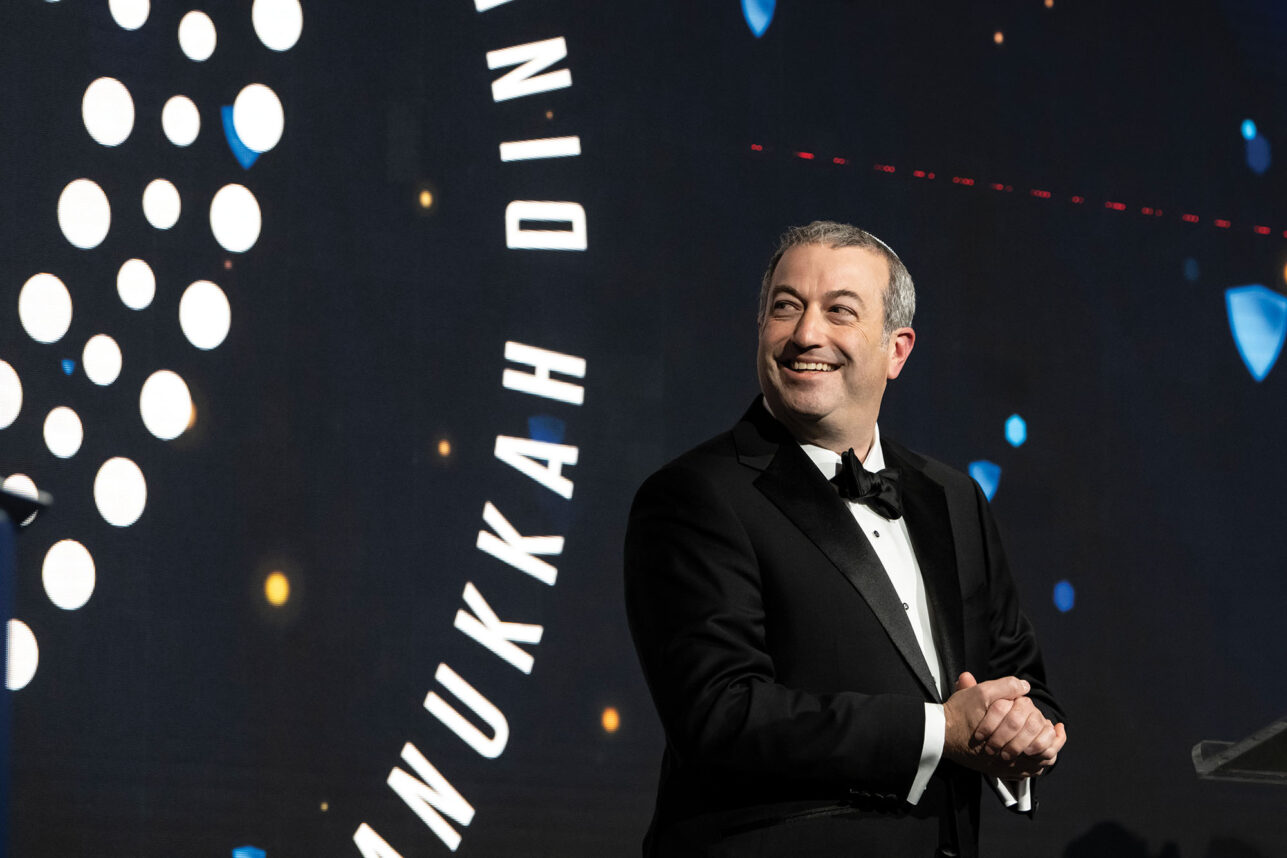



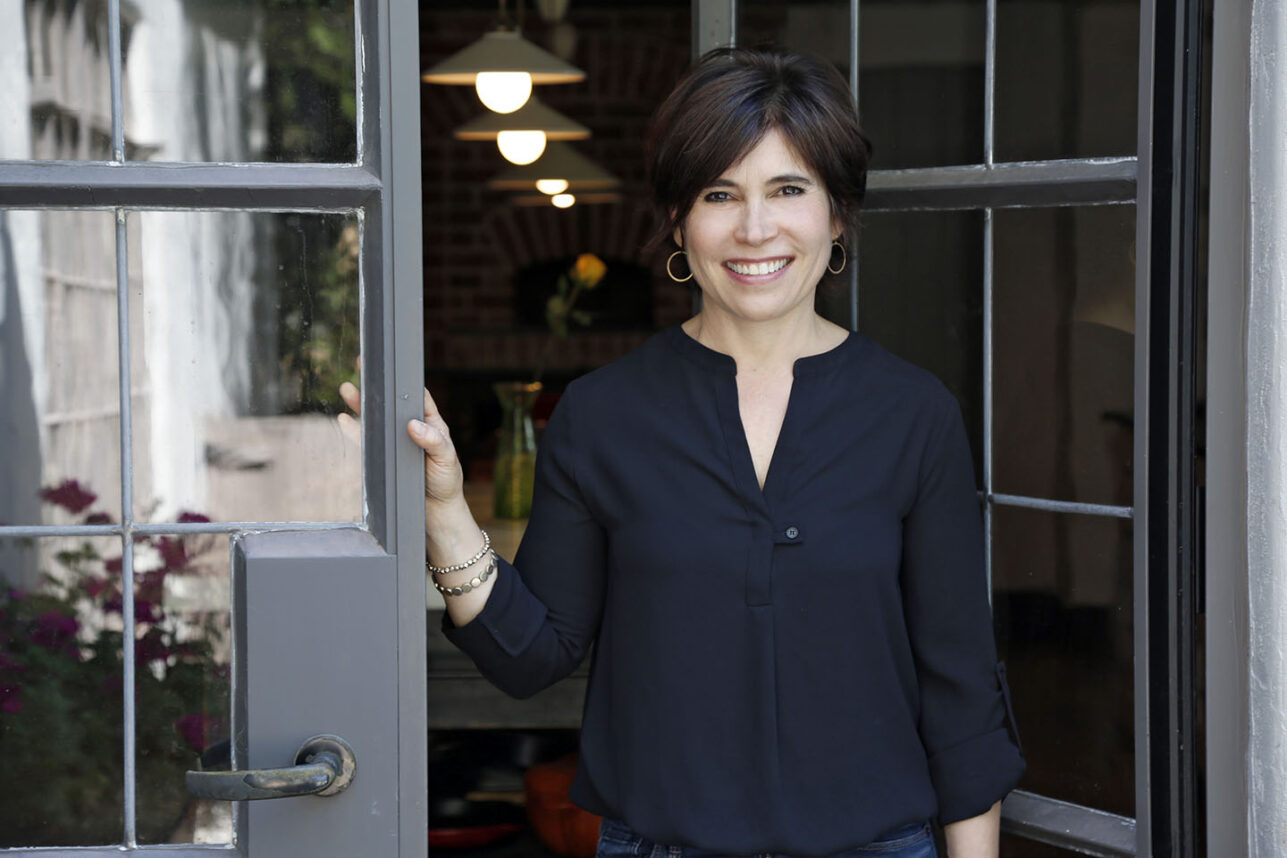

 More news and opinions than at a Shabbat dinner, right in your inbox.
More news and opinions than at a Shabbat dinner, right in your inbox.